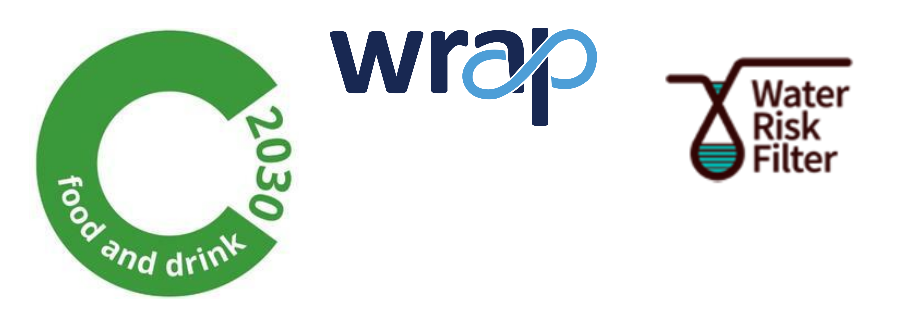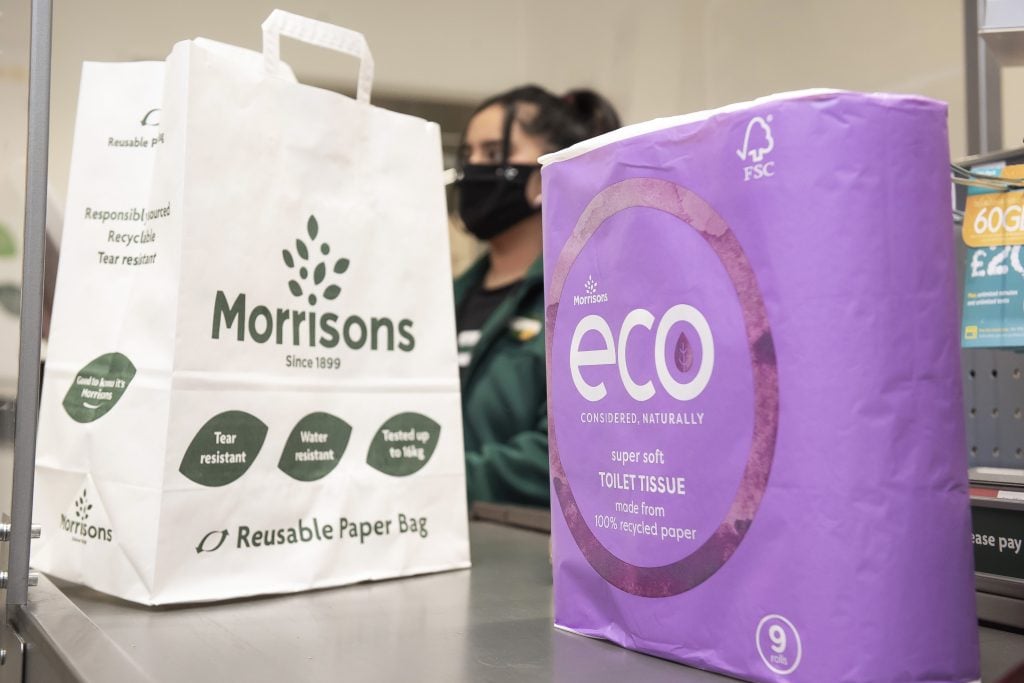
70% of global freshwater withdrawals go into agriculture. We need to manage water responsibly and sustainably throughout our supply chain and in our own operations.
Our Commitments
We are signatories to the 2030 Courtauld Commitment, a UK food sector initiative to deliver farm-to-fork improvements across key environmental challenges like waste, carbon and water. Its 2030 water roadmap commits us to ensuring that 50% of the fresh food we sell in the UK comes from areas with sustainable water management.
We support the Waste and Resources Action Programme (WRAP) by investing in projects that are assessing water risk and management challenges in the Valencia and Murcia regions in southern Spain, which are key sourcing for our vegetables and citrus fruit.
In the 2022/23 season, we will also target key crops in high-risk areas of Spain, South Africa, Peru and Morocco, trialling the WWF Water Risk Filter to plot farm locations, review water stewardship practices and start to develop targeted action plans.

Our Strategy
Our sustainable water strategy has three phases:
| To begin with, we will: | As we progress, we will: | As water stewardship leaders, we will: |
| Monitor water use in our own operations and improve efficiency. | Improve our understanding of our supply chain water risks (e.g. meeting TCFD or future TNFD requirements). | Continue to support collective action and stewardship projects in strategically important sourcing locations.* |
| Identify water risk hotspots in our supply chain – e.g. starting with high-volume or high-risk items like fresh produce, using the WWF Water Risk Filter or similar tools. | Identify suppliers operating in high water stress areas and encourage them to engage with water stewardship initiatives in their local catchment. | Increasingly use our influence to advocate for better water governance. |
| Develop our internal awareness of water issues, our reliance on water, and commitments to act. | Support collective action and stewardship projects in at least three strategically important sourcing areas over time. | |
| Use our influence to advocate for better water governance. |
*Given that 100% of our fresh meat, milk, eggs and produce in season come from the UK, this includes how we work with British farmers, as well as how we assess and source from countries abroad.
Our Actions
Water Use
Within our own operations, we’ve installed Automated Meter Reading (AMR) devices across the majority of our stores as well as our manufacturing and logistics sites. This provides us accurate data to track our water usage, identify our high-usage sites and enable us to react quickly to any potential leaks.
Rainwater harvested at our Little Clacton sustainable store is being used for ‘grey water’ applications such as flushing the store toilets. It will help to reduce virgin water use by nearly 600,000 litres a year.
Water quality
We take several actions to preserve water quality:
- No Morrisons products contain microbeads.
- All Morrisons wipes are plastic free.
- All Morrisons wipes labelled as flushable meet the Water UK ‘Fine to Flush’ Standard.
- Morrisons wipes not designed to be flushed are clearly labelled with the ‘Do Not Flush’ logo to improve consumer awareness.
- We operate under a progressive and restrictive pesticides management policy.
